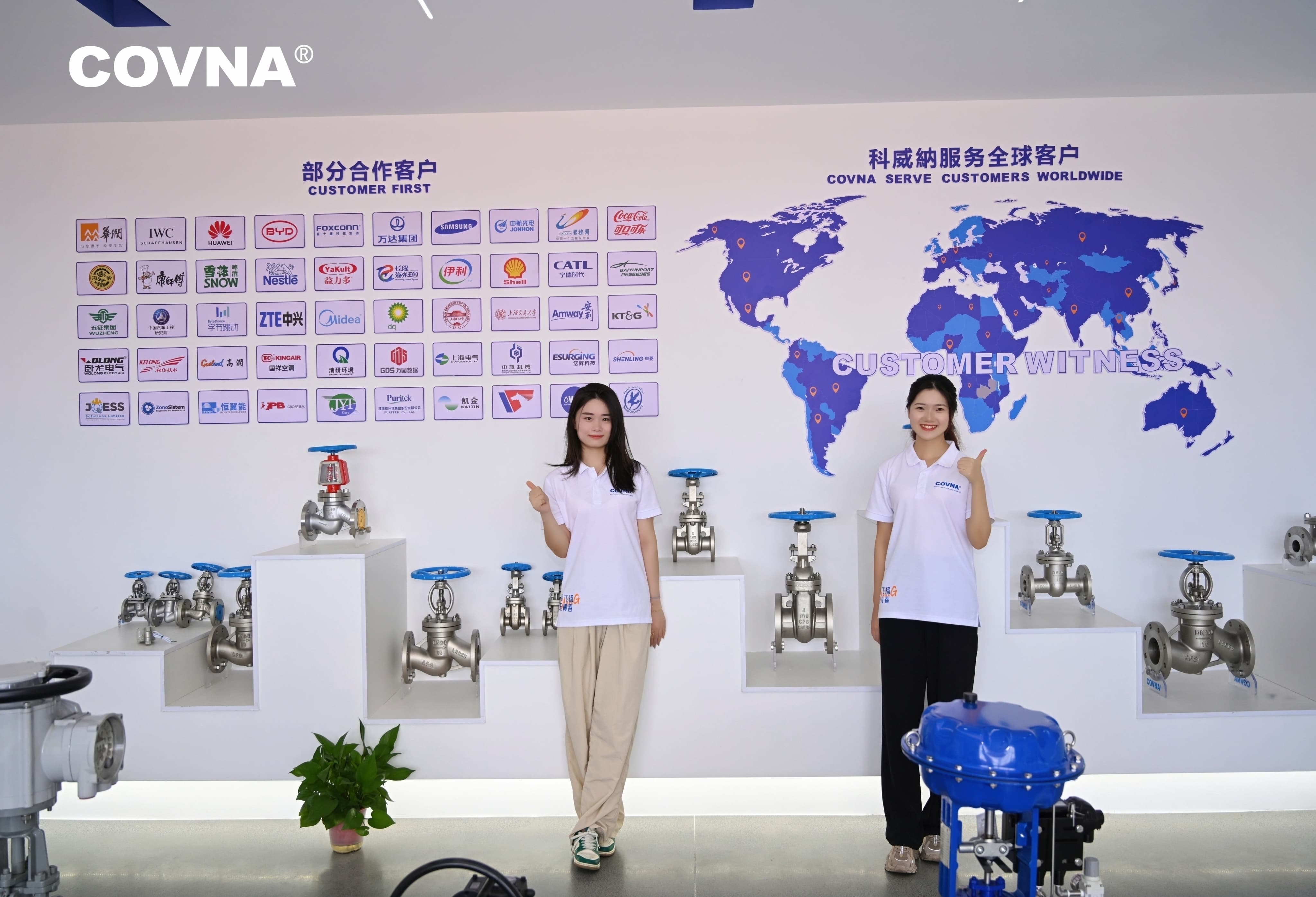Escolhendo o direitoVálvula do atuador elétricoPara o seu projeto, envolve várias considerações. Aqui está um guia para ajudá -lo a tomar a decisão certa:
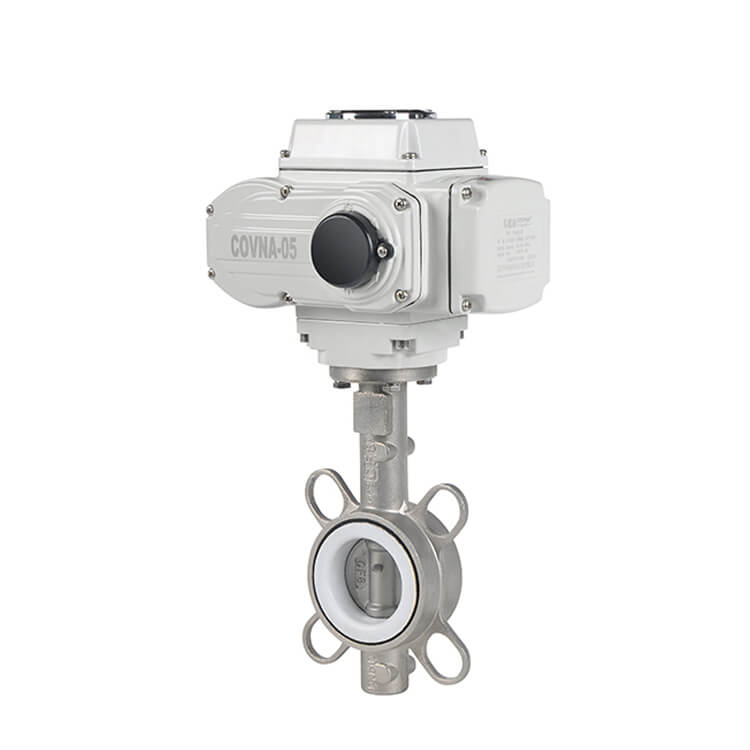
1. Entenda suas necessidades de aplicativo
- Tipo de válvula: Identifique o tipo de válvula necessária (por exemplo, bola, borboleta, globo) com base no seu aplicativo.
- Médio: Considere qual fluido ou gás fluirá através da válvula (água, óleo, vapor, etc.) e quaisquer propriedades corrosivas.
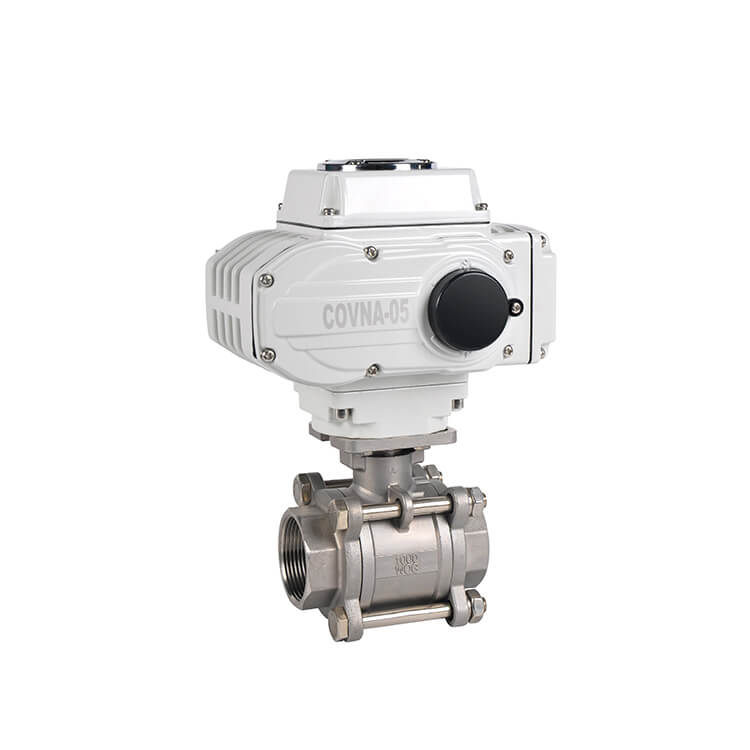
2. Determinar os requisitos de controle
- ON/OFF vs. modulando: Decida se você precisa de uma válvula que simplesmente abre e feche ou que possa modular o fluxo.
- Tipo de controle: Escolha entre controle manual, controle local ou opções de controle remoto.
3. Avalie as especificações do atuador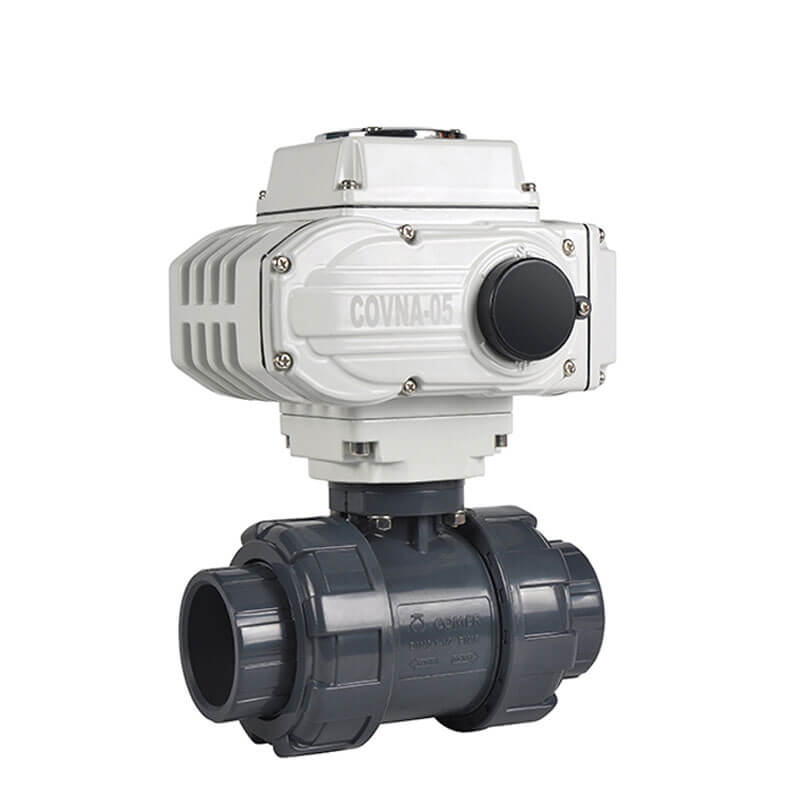
- Requisitos de torque: Calcule o torque necessário para operar a válvula, considerando o tamanho e o tipo de válvula.
- Velocidade: Avalie a velocidade de abertura e fechamento necessária para o seu processo.
- Tensão e fonte de alimentação: Combine os requisitos de tensão e energia do atuador com sua fonte de alimentação disponível (por exemplo, 24V, 120V).
4. Considere condições ambientais
- Faixa de temperatura: Verifique se o atuador pode operar dentro da faixa de temperatura ambiente do seu ambiente.
- Classificação de proteção: Verifique a classificação IP quanto à resistência à água e à poeira, especialmente para ambientes externos ou severos.
5. Verifique o espaço de instalação
- Tamanho e peso: Verifique se o atuador se encaixa no espaço de instalação disponível e pode ser suportado pela estrutura de montagem.
- Orientação: Determine se o atuador precisa ser instalado em uma orientação específica.
6. Revise a integração do controle
- Protocolos de comunicação: Garanta a compatibilidade com os sistemas de controle existentes (por exemplo, Modbus, Bacnet, Profibus).
- Mecanismos de feedback: Considere se você precisar de feedback de posição para monitoramento e controle.
7. Orçamento e custo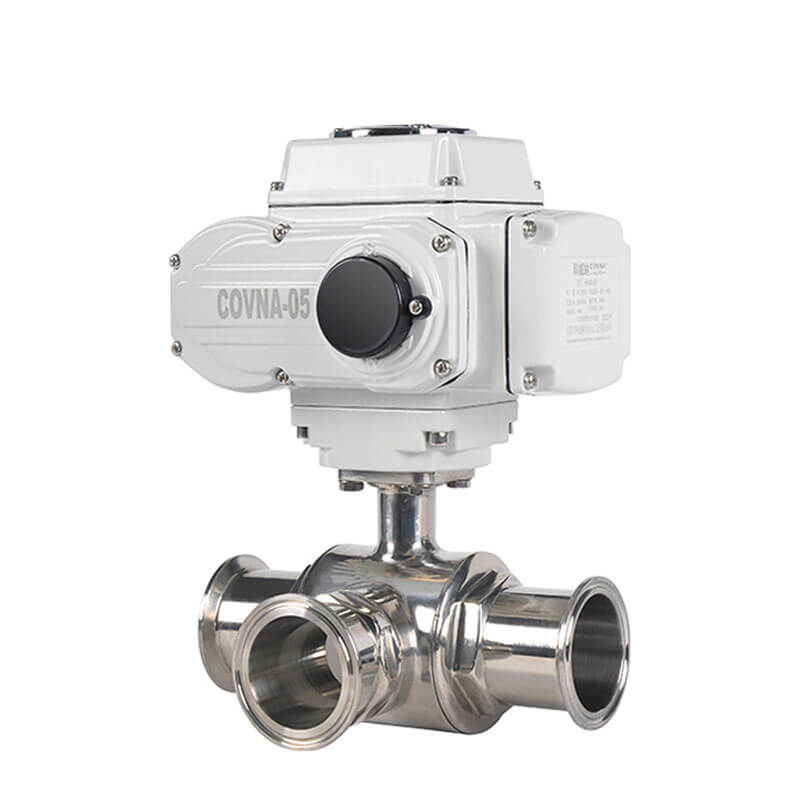
- Custo inicial: Avalie o preço de compra do atuador e da válvula.
- Custo total de propriedade: Considere a manutenção, o consumo de energia e os possíveis custos de tempo de inatividade.
8. Selecione um fornecedor confiável
- Reputação: Escolha um fornecedor com um bom histórico e críticas positivas.
- Suporte e serviço: Garanta que eles ofereçam suporte técnico, garantia e serviço pós-venda.
9. Consulte especialistas, se necessário
- Se você não tiver certeza, considere consultar engenheiros ou especialistas em sistemas de controle de fluidos.
Ao avaliar cuidadosamente esses fatores, você pode selecionar o direitoVálvula do atuador elétricoIsso atende às necessidades específicas do seu projeto e garante operação confiável.
Hora de postagem: outubro-31-2024




